The Growing Trend Of Betting On Natural Disasters: The Los Angeles Wildfire Example
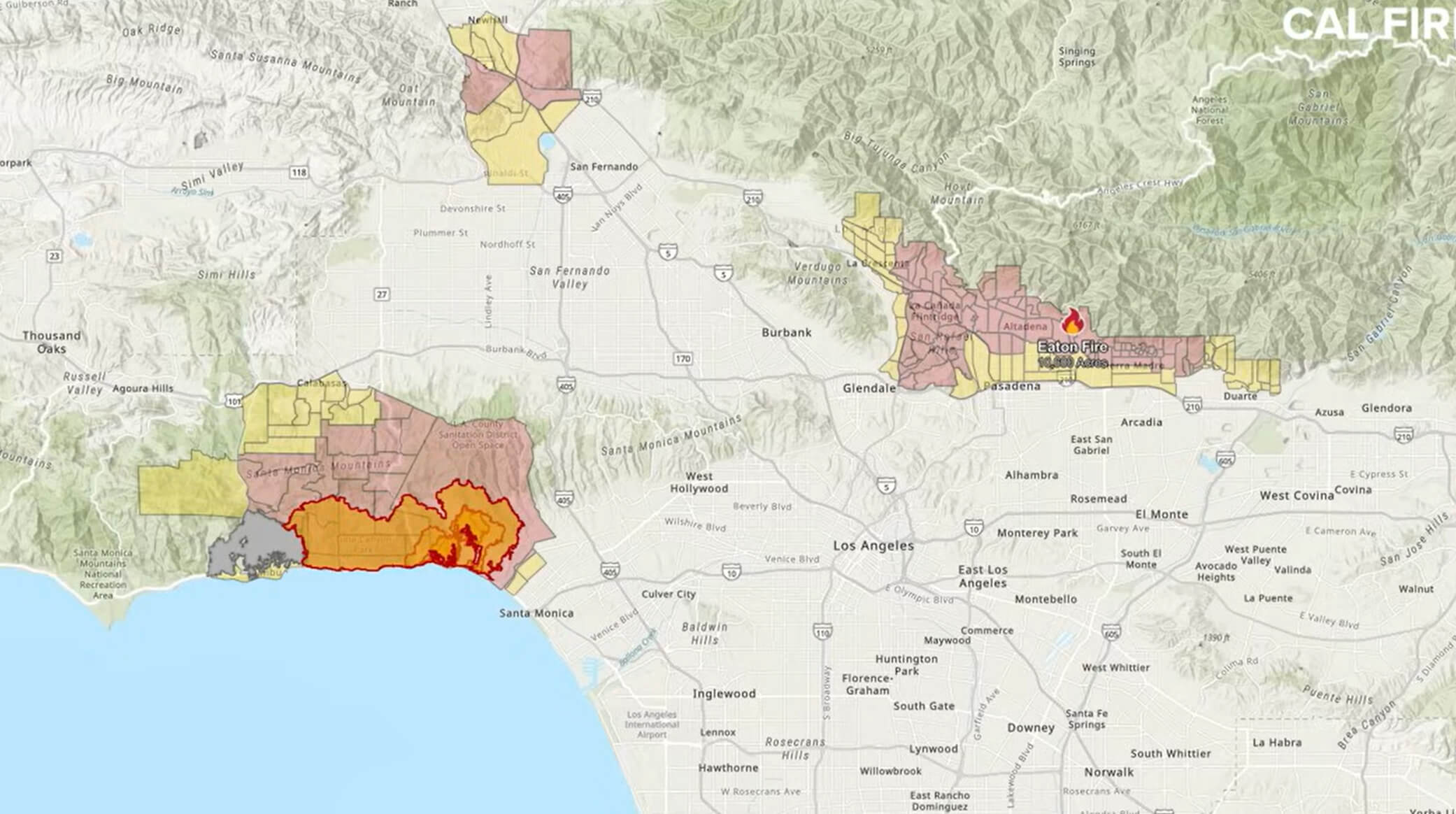
Table of Contents
The Rise of Disaster Prediction Markets and Betting
Disaster prediction markets, a relatively new form of speculative betting, allow individuals to wager on the likelihood and severity of natural disasters. These markets function similarly to stock markets, with odds fluctuating based on a complex interplay of factors, including historical data, weather forecasts, and expert predictions. The types of bets available are diverse, ranging from predicting the total acreage burned in a wildfire (like the recent ones in Los Angeles) to forecasting the intensity of a hurricane or the number of casualties from an earthquake.
- Platforms: Several online platforms, although often operating in legal gray areas, facilitate this type of betting, attracting both casual gamblers and sophisticated investors. The anonymity offered by some of these platforms adds another layer of complexity to regulation.
- Data Analysis & Predictive Modeling: Sophisticated algorithms and predictive models play a crucial role in determining the odds offered on these platforms. These models analyze vast datasets, including climate patterns, geological data, and historical disaster records, to generate probabilities for different outcomes. The accuracy of these models, however, remains a subject of ongoing debate.
- Legal and Regulatory Landscape: The legal status of betting on natural disasters varies significantly across jurisdictions. While some countries have specific regulations governing this type of gambling, many operate in a regulatory vacuum, leading to concerns about transparency, consumer protection, and the potential for market manipulation. The lack of clear legal frameworks contributes to the ethical ambiguities surrounding this practice.
The Los Angeles Wildfire Case Study
The devastating wildfires that have repeatedly ravaged Los Angeles County, such as the Woolsey Fire and the Getty Fire, offer a compelling case study. During these events, online betting platforms offered various bets related to the fires' progression, including the total area burned, the number of structures destroyed, and the overall damage cost.
- Betting Odds: Odds fluctuated based on real-time information, weather forecasts, and the fire's spread. For instance, the odds on the Woolsey Fire exceeding a certain acreage might have initially been high but decreased as containment efforts showed progress, or vice-versa if the fire spread unexpectedly.
- Actual vs. Predicted Outcomes: Analyzing how actual events compared to predicted outcomes reveals the limitations of predictive modeling and the inherent uncertainty involved in forecasting natural disasters. In some cases, betting markets accurately reflected the escalating risk, while in others, unexpected developments led to significant discrepancies between predicted and actual outcomes.
- Controversies & Ethical Concerns: The practice of betting on wildfires, while the region grapples with loss of life and property, has sparked significant ethical concerns. Critics argue that profiting from devastation is morally reprehensible and could potentially discourage proactive disaster management efforts. The impact of media coverage and the public's emotional response to these events also influenced betting patterns.
The Ethical and Societal Implications of Betting on Natural Disasters
The ethical implications of betting on natural disasters are profound. Profiteering from human suffering raises serious moral questions, particularly concerning the potential exploitation of vulnerable populations already impacted by the disaster.
- Arguments For and Against Regulation: The debate surrounding the regulation or outright banning of disaster betting is complex. Proponents of regulation emphasize the need for consumer protection and the prevention of market manipulation. Opponents argue that restricting such markets could stifle innovation in disaster prediction and risk assessment.
- Responsible Gambling Initiatives: The gambling industry has a responsibility to develop and promote responsible gambling initiatives to mitigate the potential harms associated with disaster betting. This includes clear warnings, responsible advertising guidelines, and readily available resources for problem gamblers.
- Exploiting Vulnerable Populations: The potential for exploiting individuals emotionally affected by disasters is a significant concern. Market manipulation through the spread of misinformation, for example, could unfairly influence betting outcomes and exacerbate the suffering of affected communities.
Alternative Approaches to Disaster Risk Assessment
Instead of focusing on speculative betting, we should prioritize proactive disaster risk management. This includes fostering community resilience through preparedness initiatives, investing in accurate forecasting and early warning systems, and establishing robust financial safety nets.
- Community-Based Initiatives: Investing in community-based disaster preparedness programs, including education, training, and emergency planning, is crucial.
- Government Investment: Significant government investment in disaster mitigation infrastructure and early warning systems is essential to reduce the impact of future events.
- Insurance and Financial Safety Nets: Comprehensive insurance programs and other financial safety nets can help communities recover from the economic fallout of natural disasters.
Conclusion
The rising trend of betting on natural disasters, as starkly illustrated by the Los Angeles wildfire example, presents a complex ethical challenge. While disaster prediction markets offer a glimpse into risk assessment, the practice of profiting from human suffering is morally questionable. We must shift our focus from speculative betting to proactive disaster management strategies that prioritize community resilience and effective risk mitigation. Let's move beyond the practice of “betting on natural disasters” and instead commit to building more resilient communities and supporting those affected by these devastating events. Support your local disaster relief organizations and learn about disaster preparedness in your community; it is a far more constructive approach than profiting from the misfortune of others.

Featured Posts
-
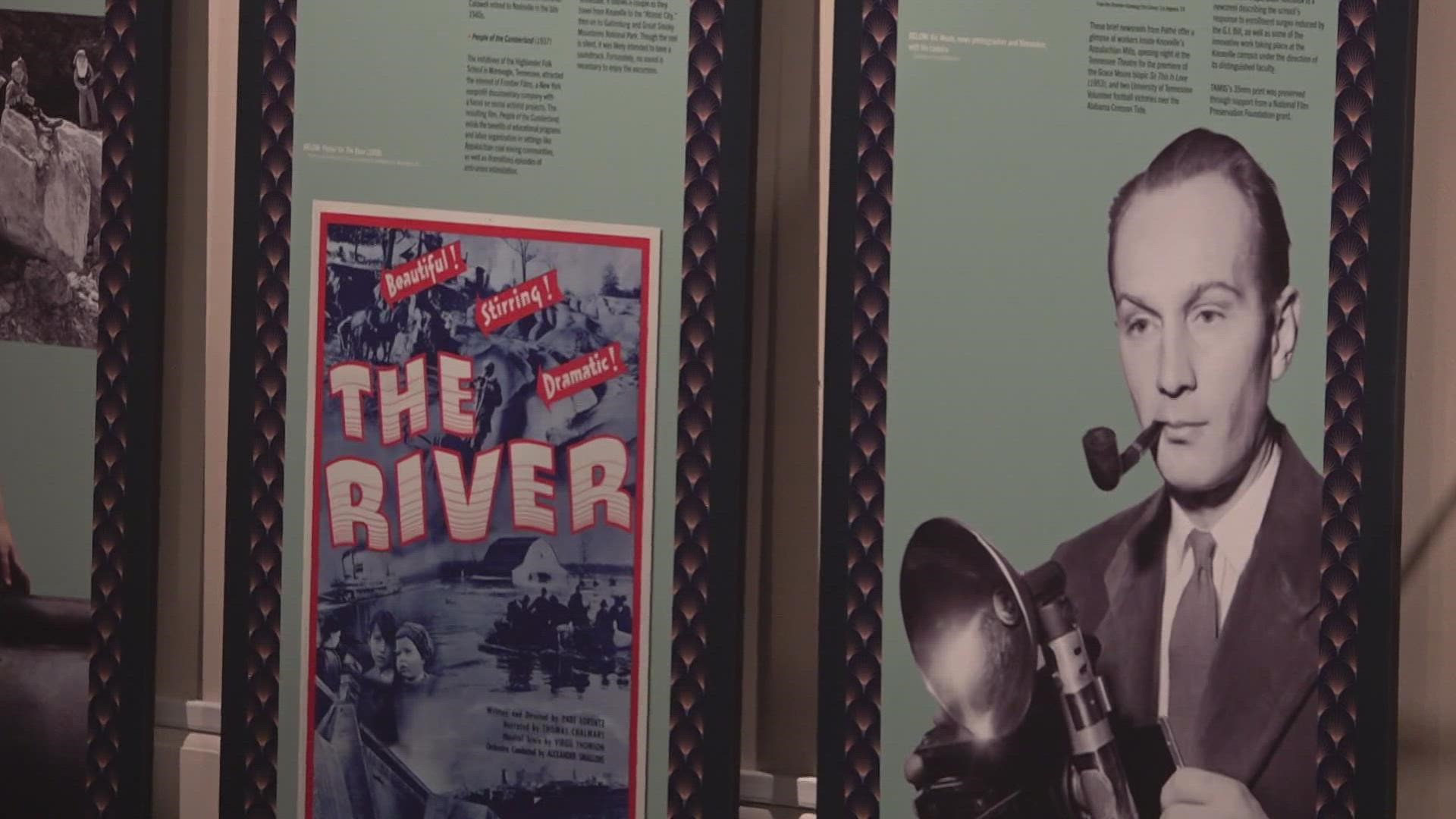 New Baseball Exhibit At East Tennessee History Center Precedes Covenant Health Park Debut
May 12, 2025
New Baseball Exhibit At East Tennessee History Center Precedes Covenant Health Park Debut
May 12, 2025 -
 Valentina Shevchenkos Dragon Themed Fight Outfit Design Details
May 12, 2025
Valentina Shevchenkos Dragon Themed Fight Outfit Design Details
May 12, 2025 -
 Bond Market Volatility Understanding The Tariff Shocks Ripple Effect
May 12, 2025
Bond Market Volatility Understanding The Tariff Shocks Ripple Effect
May 12, 2025 -
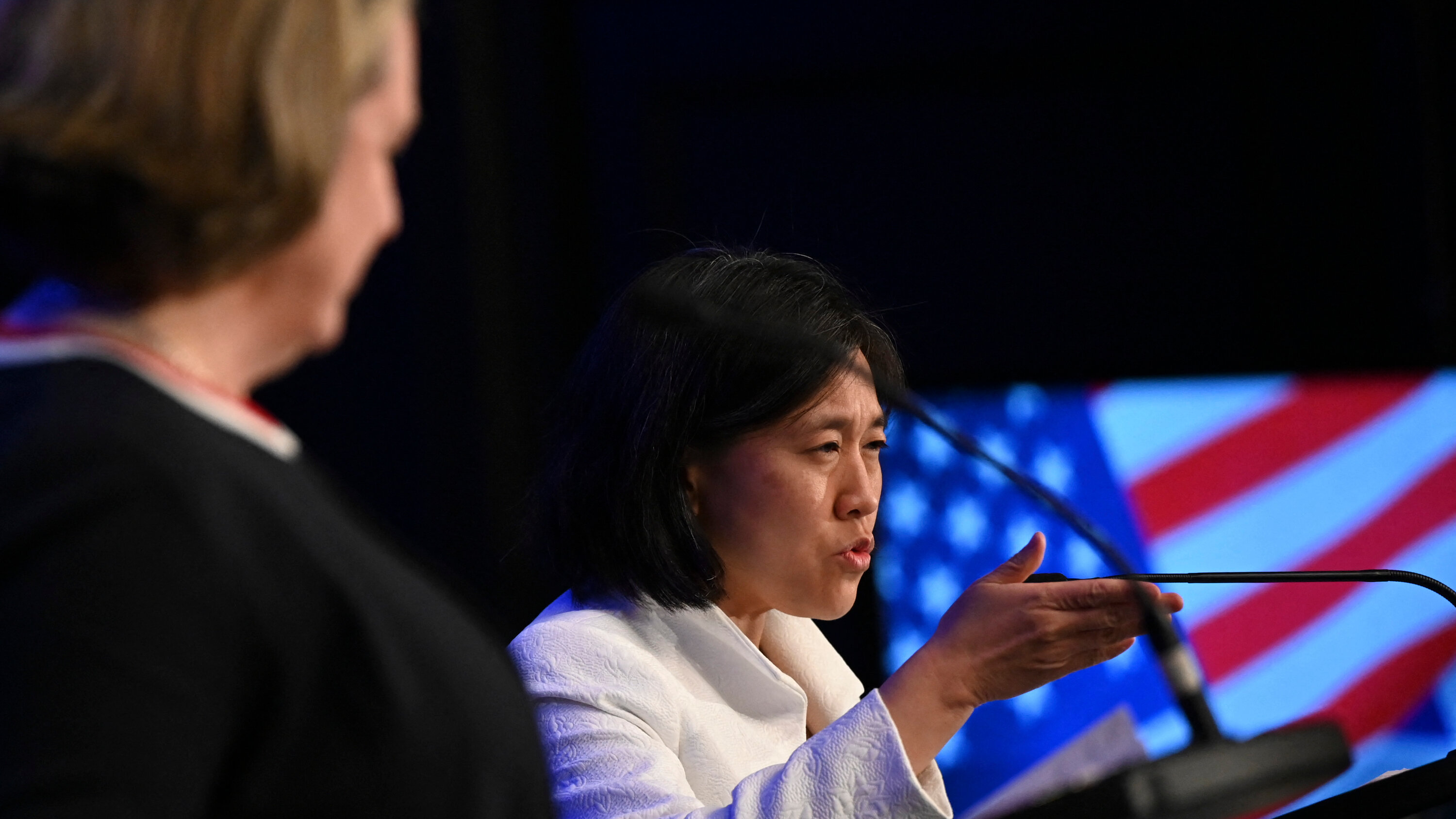 Us Automakers Uk Trade Deal Anxiety Dismissed By White House
May 12, 2025
Us Automakers Uk Trade Deal Anxiety Dismissed By White House
May 12, 2025 -
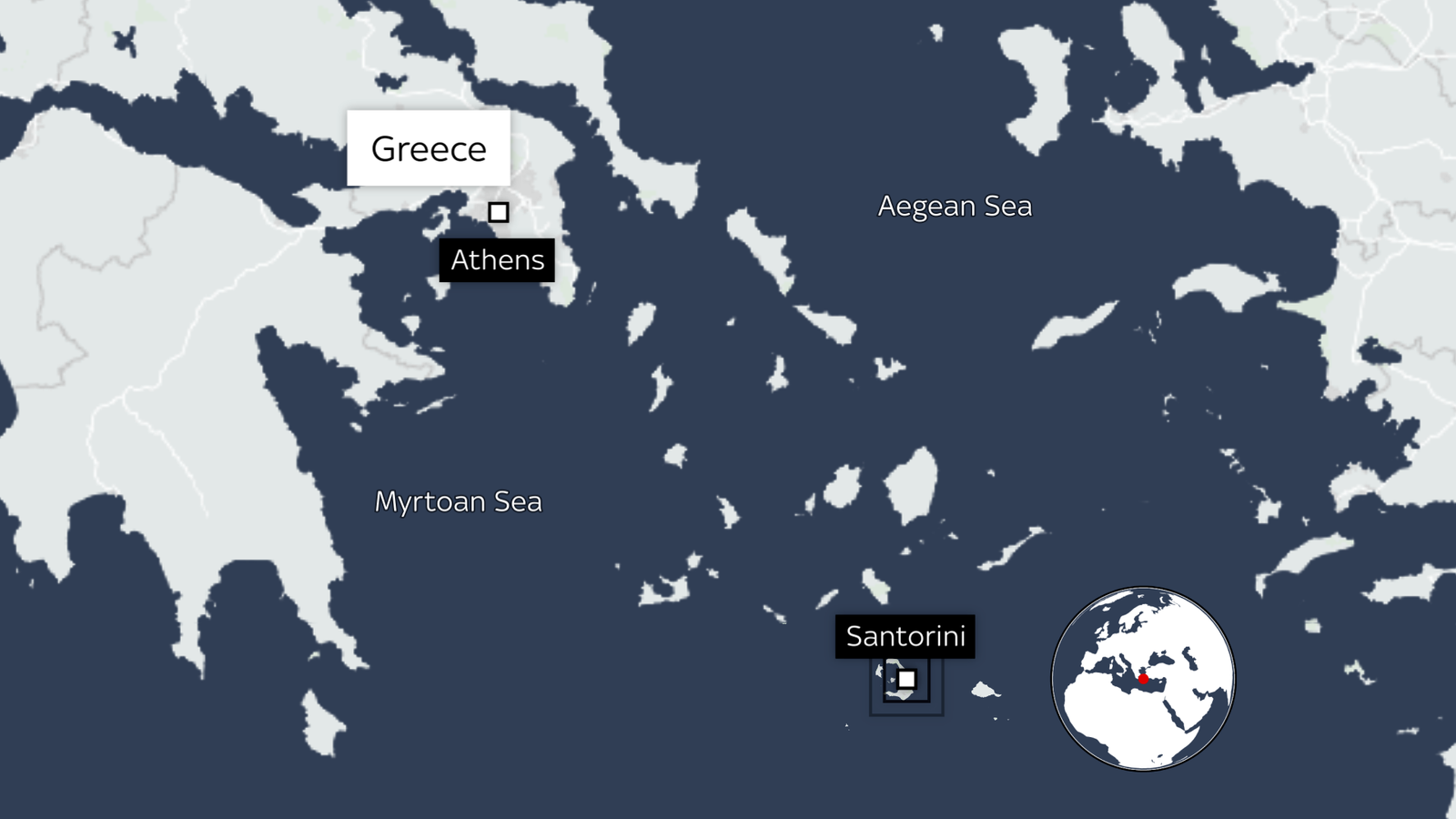 Scientists Report Decline In Santorini Earthquakes Whats Next
May 12, 2025
Scientists Report Decline In Santorini Earthquakes Whats Next
May 12, 2025
Latest Posts
-
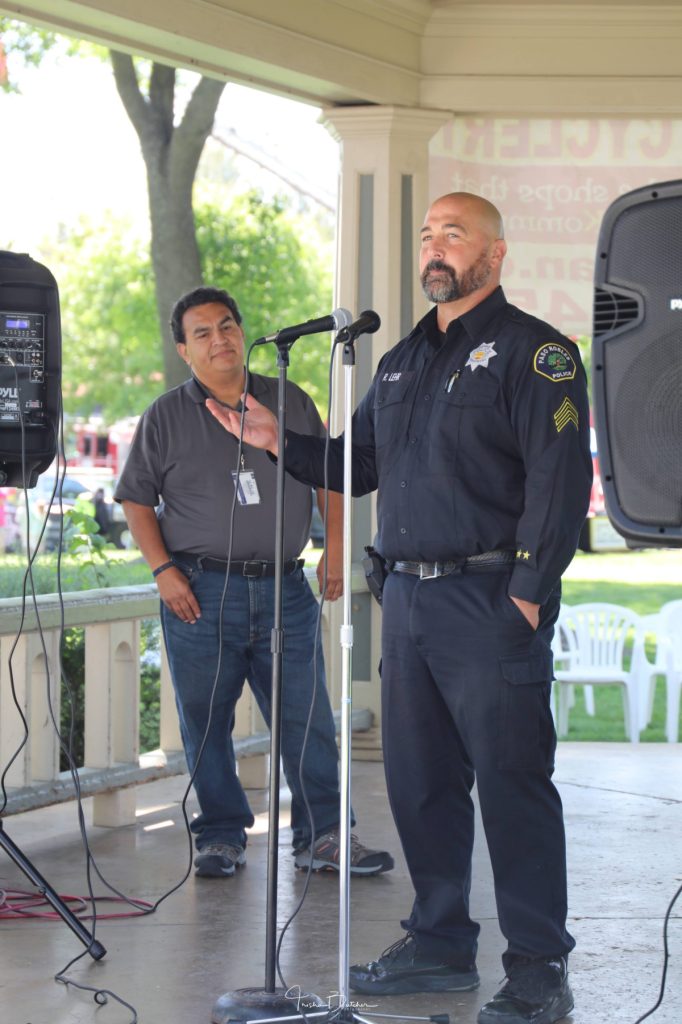 Paso Robles Heatwave Safety Precautions And Cooling Centers
May 13, 2025
Paso Robles Heatwave Safety Precautions And Cooling Centers
May 13, 2025 -
 Southern California Braces For Mini Heat Wave This Weekend
May 13, 2025
Southern California Braces For Mini Heat Wave This Weekend
May 13, 2025 -
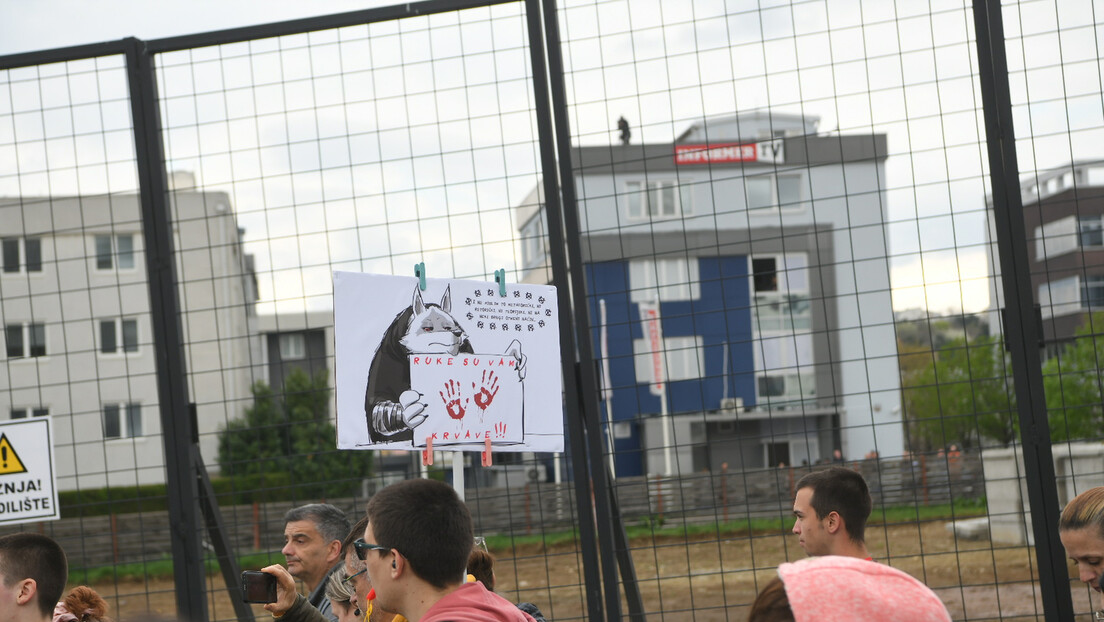 Natsionalni Savet Roma Odgovor Na Optuzhbe Za Govor Mrzhnje Od Strane Marinike Tepi
May 13, 2025
Natsionalni Savet Roma Odgovor Na Optuzhbe Za Govor Mrzhnje Od Strane Marinike Tepi
May 13, 2025 -
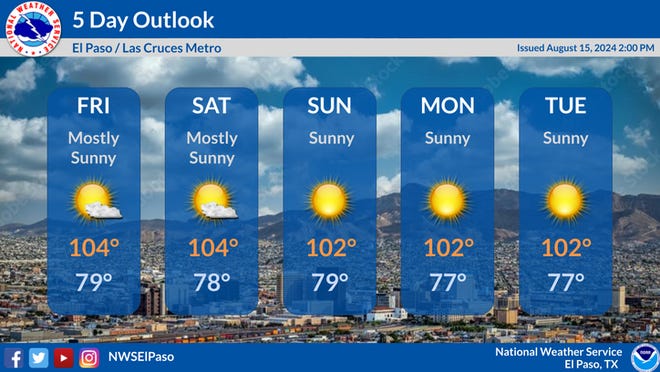 Heat Advisory Issued For Paso Robles What You Need To Know
May 13, 2025
Heat Advisory Issued For Paso Robles What You Need To Know
May 13, 2025 -
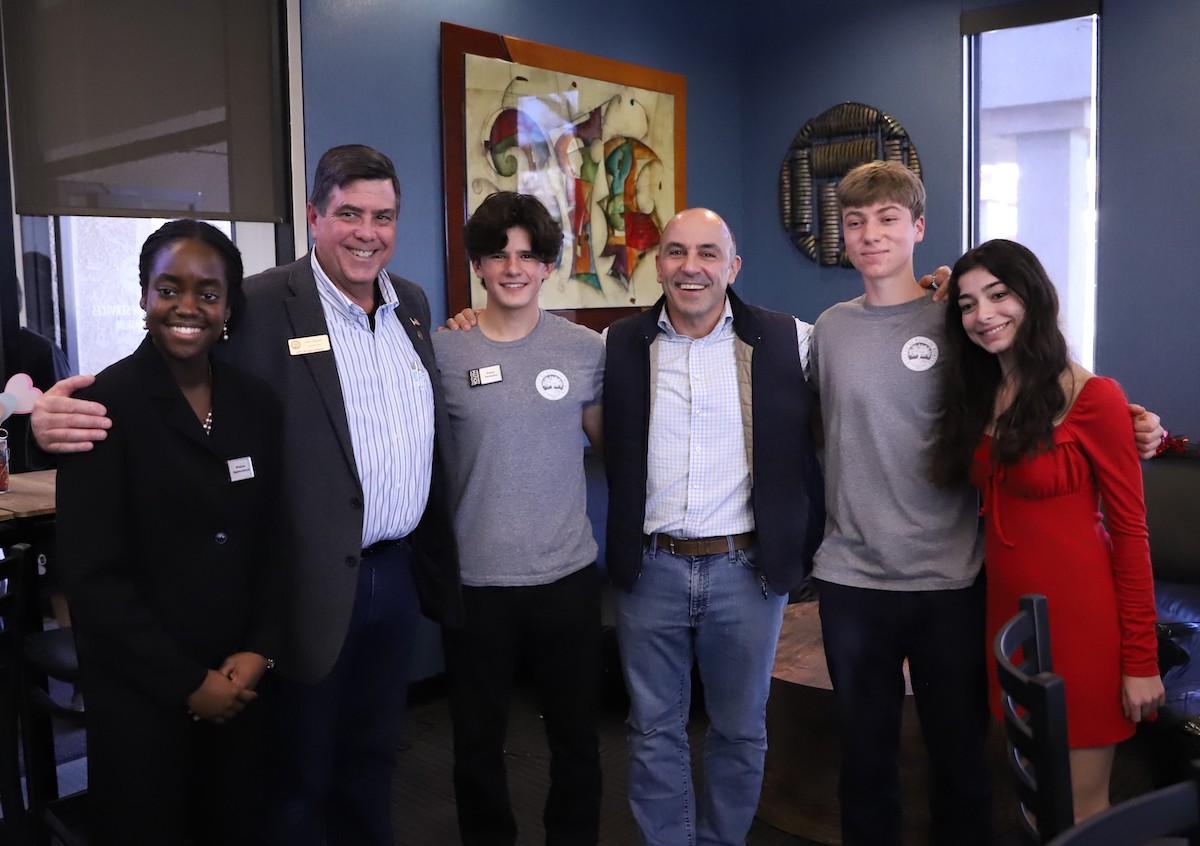 Paso Robles Heat Advisory How Hot Will It Get This Week
May 13, 2025
Paso Robles Heat Advisory How Hot Will It Get This Week
May 13, 2025
